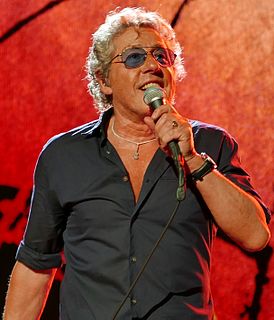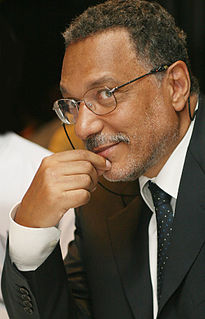A Quote by M. S. Swaminathan
There is an urgent need for regeneration of fisheries and fostering a sustainable fisheries programme. What I mean is, designing new fishing vessels and nets so that they do not disrupt the fish lifecycle by catching young ones and also do not destroy sea grass beds, which serve as habitats for dugongs.
Related Quotes
There is no need for an end to fish, or to fishing for that matter. But there is an urgent need for governments to free themselves from the fishing-industrial complex and its Ponzi scheme, to stop subsidizing the fishing-industrial complex and awarding it fishing rights, when it should in fact pay for the privilege to fish.
In the Java Sea in Indonesia, I have seen fishers going out in the morning, six of them going out and coming back with five pounds of fish. That is the end point, a pound of fish per person per day to sell for rice. That's where fisheries go if you let it happen. That's where it stabilizes. These people cannot feed their families.


































